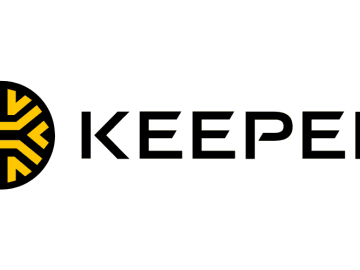At the IT Security Guru, we often talk a lot about the stresses faced by the industry leaders. New research by Kin + Carta has revealed that 94% of business leaders globally admit that “tech anxiety” keeps them up at night. The survey also revealed that this anxiety is as a result of the rapid pace of digital and technological change, and is promoting top executives to invest more in digital transformation.
“Tech anxiety” is defined as the feeling senior leaders have as a result of the rapid pace of advancements in technology that are causing concern when it comes to how their business operates. While the top source of that anxiety is cybersecurity (24%), close behind are concerns over AI and machine learning (19%), and anxieties about sustainability strategy and tracking (17%).
Investment in AI and machine learning is seen as the number one priority among global companies: 15% of leaders say they plan to invest in it this year, with cyber security second on 12%. And three-quarters (75%) of leaders believe that further investment in digital transformation initiatives is necessary within the next 12 months to combat this anxiety. More than half (58%) plan to spend more in the coming year compared to previous years.
The findings, collated into the “2024 Leadership Priorities in Tech” report, showcase priorities and concerns from 800 senior business leaders in the US and UK, comprised of a mix of C-suite, senior VPs, VPs, directors and other key decision-makers in £800m+ turnover / $1bn+ revenue organisations.
The report pinpoints how the accelerating pace of technology change in areas like AI, data and cyber security is causing stress for leaders across multiple business sectors – and why managing those developments and risks has moved to the top of the corporate agenda.
Richard Neish, Global Chief Strategy Officer at Kin + Carta, said: “Overall, it appears that tech anxiety among leadership is primarily triggered by factors and technologies with the potential to significantly disrupt the established ways of working. We’ve all seen reports about the huge potential impact of AI, while previously we have seen cloud, mobile and indeed the birth of the world wide web completely alter the way businesses operate.
Kin + Carta’s research also highlights that the potential disruption and ethical implications associated with AI and machine learning, in particular, are substantial. When it comes to specific concerns, the top three contributory factors are the speed of technological change (35%); the internal skills gap (29%); and access to the right talent (28%).
Neish concludes, “There’s no doubt that technology is moving incredibly quickly, but concerns such as data trust and the internal skills gap can be managed, as long as businesses invest in the right areas.”




